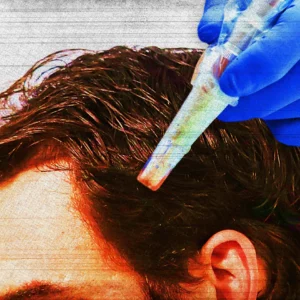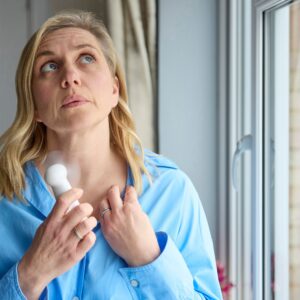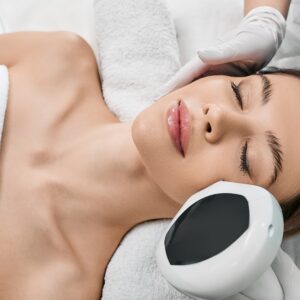Why did you become a doctor?
Initially, when I started my undergraduate education at UC Davis I majored in zoology and my goal was to pursue veterinary medicine; I have a love and passion for animals, but ultimately the reality of dealing with sick or dying animals was too hard for me. I’ve always had a love of science and I enjoy helping people, so pursuing (human) medicine was a natural next step for me.
How long have you practiced medicine?
I graduated from UCLA Medical School in 1976, so I’ve been a doctor for 43 years at this point! In 1981 I established my practice in my hometown of Sacramento and I’ve been proud to serve this community for the past 38 years.
How did you choose dermatology as a specialty?
I was drawn to dermatology because it is largely an outpatient field that provides the opportunity to serve to a wide variety of patients with different disease states— it combines both medical and surgical skills. Additionally, I saw the possibility for interesting research: something that continues to excite me!
What’s the biggest misconception that people have about what you do?
I think there is a misconception out there that dermatology and the treatment of skin is not an important aspect of medicine. However, skin health is something that ultimately affects everyone’s life in a very profound and personal way.
What are your top favorite procedures to perform?
It’s hard for me to choose a favorite procedure to perform or even a favorite condition to treat. However, one of my favorite things about the job is seeing how the research we perform here at our practice transforms into clinical practice -— both at our office and in the greater dermatology field. Whether this research involves new drugs or new medical devices, I enjoy being on the cutting edge of dermatology. Performing this research not only allows me to thoroughly understand new therapies to improve the lives of my patients, but my hope is that it also moves the practice of dermatology forward in a general sense, too.
What are new treatments that we can look forward to in the next 5–10 years?
The next 5-10 years will certainly bring improved therapies and devices for a number of skin conditions. You can expect improved biologic therapies for inflammatory skin conditions. In this area, there is a particular flurry of research for new therapies for atopic dermatitis and eczema.
Better treatments for sun-damaged skin — both with devices and drugs —are also on the horizon.
Personally, I am working on a project right now for a laser device that aims to treat acne using selective damage to the sebaceous glands. This is one of the most exciting projects I have ever worked on in my career: the aim of this project is to cure acne— if it succeeds it will change how the industry treats acne.
What skin products do you personally use?
I use many of the same skin health and anti-aging products that I recommend to my patients. The core trifecta of products I recommend to my patients are sunscreen, moisturizers, and topical retinoids.
My favorite sunscreen is EltaMD UV Sport sunscreen. I have had several skin cancers myself and this product is water-resistant and keeps my skin protected everyday even when I’m working in the garden at my ranch or hiking.
I use the Skin Ceuticals Triple Lipid moisturizer, which is very emollient and helps with any irritation associated with topical retinoid use.
Finally, tazarotene is my topical retinoid of choice. way acne is treated.
What would you say is the most essential part of having healthy skin?
Protecting the skin from the environment, particularly with good sunscreen, is the most critical component for maintaining skin health. I tell my patients to apply sunscreen everyday, whether rain or shine, and reapply if you are out in the sun for extended periods of time. A good sunscreen for everyday use should have an SPF of at least 30. Additionally, I prefer formulations with physical sunscreens — look for ingredients such as zinc oxide or titanium dioxide. These ingredients provide broad spectrum protection from the sun and are much less irritating to the skin than chemical sunscreens. For those who are more active, water-resistant formulations are also good choices. If I could change one patient behavior, it would be to get people to improve their sun protection habits.
What do you enjoy doing in your spare time?
Hiking, and more generally, just being outdoors is one of my favorite pastimes. One of my favorite spots in Northern California is Point Reyes. My wife and I love to take day trips there to enjoy the coastal scenery.
Growing up in a traditional Italian family, food and produce was always an important part of my family culture. My father had a vegetable garden in our backyard when I was growing up in downtown Sacramento, and I’ve carried on this tradition. During the summer months I enjoy the tomatoes, zucchini and eggplant that come from my garden, and during the winter I plant lettuce. I also harvest olive oil and love the feeling of getting to use things that I grow and harvest for family meals.





